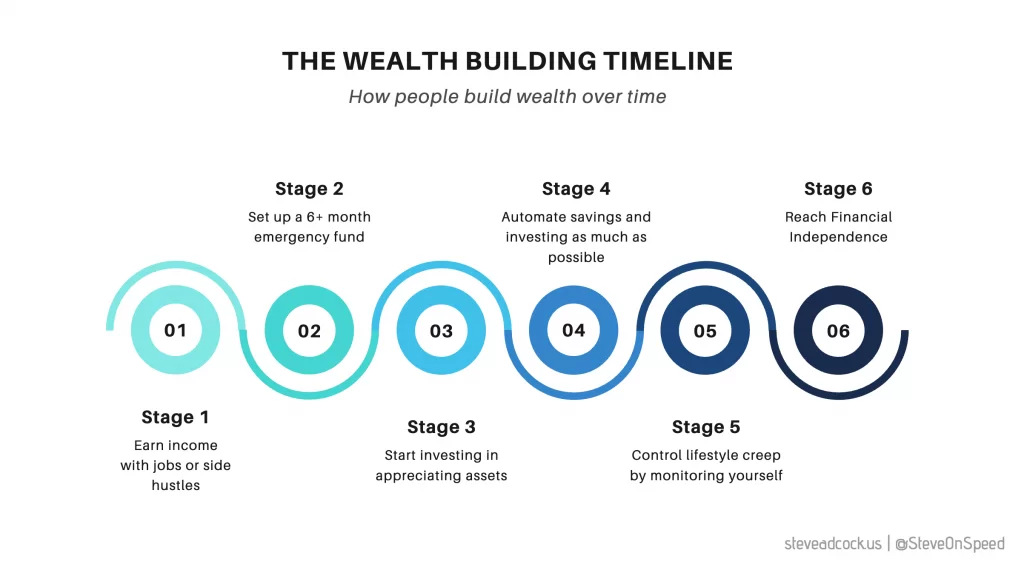
The US debt ceiling is the maximum amount of money that the federal government is allowed to borrow. If the debt ceiling is not raised, the government will not be able to pay its bills and could default on its debt. This would have a devastating impact on the economy and could lead to a recession.
Investors are worried about the possibility of a debt default. This has led to increased volatility in the stock market and bond market.
If the U.S. defaults on its debt, it means that the government is unable to make payments on its outstanding obligations. This would have a number of negative consequences, including:
- A decline in the value of the U.S. dollar, which would make imports more expensive and exports less competitive.
- An increase in interest rates, which would make it more expensive for businesses to borrow money and invest.
- A decrease in economic growth, as businesses would be less likely to invest and consumers would be less likely to spend money.
- A loss of confidence in the U.S. government, which could lead to a decline in foreign investment.
If you are concerned about the impact of the debt ceiling standoff on your investments, there are a few things you can do to protect yourself.
- Rebalance your portfolio. If you have a lot of money invested in stocks, you may want to consider selling some of your shares and buying bonds. Bonds are typically less risky than stocks and can provide a steady stream of income.
- Consider short-term investments. If you are worried about the short-term impact of the debt ceiling standoff, you may want to consider investing in short-term securities, such as money market funds or certificates of deposit. These investments are typically less risky than stocks or bonds and can provide a safe place to park your money until the situation resolves itself.
- Stay informed. The best way to protect your investments during the debt ceiling standoff is to stay informed about the latest developments. This will help you make informed decisions about your investments and protect your portfolio from potential losses.
Here are some additional tips for protecting your investments during the debt ceiling standoff:
- Don’t panic. It is important to stay calm and not make any rash decisions during this time. The market is volatile, but it will eventually stabilize.
- Don’t sell your investments. Selling your investments at a low point will only lock in your losses. It is better to ride out the storm and wait for the market to recover.
- Be patient. The debt ceiling standoff is a temporary situation. The market will eventually stabilize and your investments will recover.


